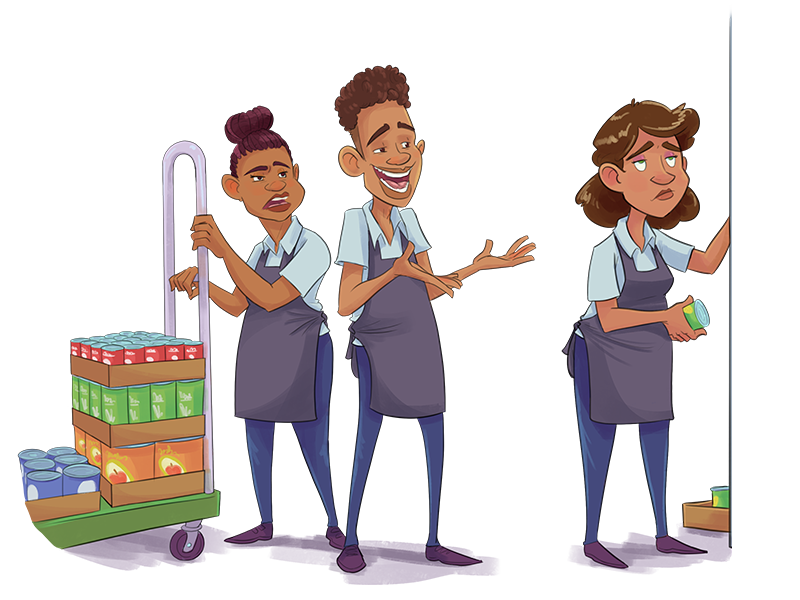Sexual harassment is a serious issue in the workplace, and the food and beverage industry is no exception. Workers in restaurants, bars, catering venues and other food service establishments often face unique challenges due to the fast-paced nature of their jobs.
Between late-night shifts and close interactions with customers or co-workers, this environment may create opportunities for unwelcome, harassing behavior. Proper training is essential to prevent these unlawful incidents, protect employees and ensure compliance with federal and state laws.
Training for Employees
Food sector employees often experience inappropriate behavior from fellow workers, customers and vendors. They may not even realize they are experiencing harassment, let alone understand what their rights are or how to exercise them.
Our employee course educates food handers, wait staff, beverage servers and other industry professionals on navigating these challenges while promoting a workplace culture of transparency and security.
Students will learn about:
- Recognizing harassment at the jobsite
- Prevention techniques and remedies
- Employer obligations to protect victims and handle claims
- Reporting procedures without fear of retaliation
- How complaints are processed and investigated
Training for Supervisors
Employers play a crucial role in preventing and addressing sexual misconduct at work. Managers and establishment owners are responsible for keeping their employees safe but may not be aware of their legal duty to handle incidents and allegations properly.
Our supervisor course provides the in-depth training those in managerial positions need regarding:
- Recognizing and addressing workplace harassment
- Understanding federal regulations and employer liability
- Developing and enforcing clear anti-harassment policies
- Handling complaints professionally and legally
- Implementing reporting systems that protect employees from retaliation
